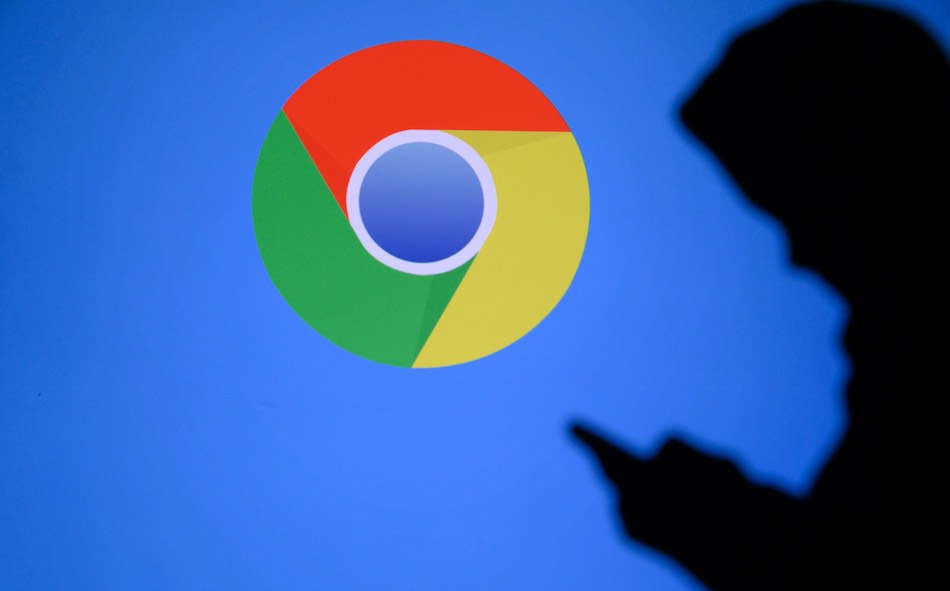
Google has agreed to wipe billions of records it collected from over 136 million Americans, users of its Chrome browser, as part of a settlement for a 2020 lawsuit.
The plaintiffs allege that Google falsely communicated that users of Chrome in Incognito mode are protected from data collection without consent, persistent tracking, and browsing activity logging. This has allegedly led to Google siphoning large amounts of sensitive user data without them realizing or approving of it, as they used Incognito specifically to evade this kind of privacy breach.
The class-action case, which has been underway for four years, comprising 34 motions, presenting over 5.8 million pages of documents, and including numerous negotiation rounds, is reaching an end without Google admitting any wrongdoing yet succumbing to policy-shifting terms that have severe consequences in its data collection and monetization models. For this reason, privacy advocates and the plaintiffs team expressed satisfaction with the terms, as those were published in a new court filing yesterday.
The main points of the proposed settlement terms are the following:
- Google will revise its privacy policies and Incognito mode splash screens to more transparently disclose its data collection practices, ensuring users are better informed.
- The company commits to deleting or modifying billions of data entries previously collected during private browsing sessions, addressing past privacy concerns.
- For the next five years, Google will enhance privacy by defaulting to block third-party cookies in Incognito mode, reducing data collected from users.
- Google will also eliminate the use of private browsing detection bits, ensuring users’ choices to browse privately are respected.
- The settlement preserves class members’ rights to pursue individual legal actions for damages, maintaining accountability and offering a pathway for recourse.
The legal offices handling the case for the plaintiffs estimate that Google’s implementation of the above will cost between $4.75 and $7.8 billion. This reflects the power and importance of even the slightest changes in data handling practices for tech giants that handle the data of hundreds of millions of users.
The initial claims for $5 billion damage restitution have been abandoned as per the settlement, so Google will not be paying anything directly to the plaintiffs or any Chrome users in the United States.
Though both parties appear satisfied with the proposed settlement terms and are ready to finalize the agreement, it still needs to be reviewed and approved by the California court judge in July.
Consider using a private alternative to Chrome
For years we have been recommending alternatives to Google products, due to data collection and privacy concerns.
Similarly, there are many secure browsers available that are more private than Google. Options such as Firefox or Brave are solid alternatives.
And while we’re on the topic of considering alternatives, you may want to consider using a different search engine. See our list of private search engines here.

 AT&T Finally Admits Data Leak Impacting 73 Million Customers
AT&T Finally Admits Data Leak Impacting 73 Million Customers
Too little too late
Google is beginning to grasp the significance of encryption in the future. That’s why they’re trying to sell privacy tricks, make up and some other cosmetics. Just like WhatsApp being E2EE. But with a wide open back door.